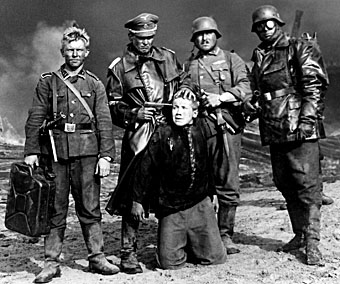Irrepressible
Adj. 1) Impossible to repress or control.
Chat rooms monitored. Blogs deleted. Websites blocked. Search engines restricted. People imprisoned for simply posting and sharing information.
The Internet is a new frontier in the struggle for human rights. Governments – with the help of some of the biggest IT companies in the world – are cracking down on freedom of expression.
Amnesty International, with the support of The Observer, is launching a campaign to show that online or offline the human voice and human rights are impossible to repress.






